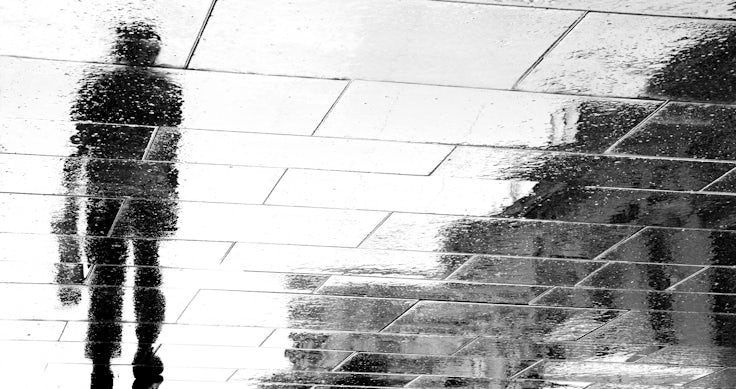AB InBev restructures marketing teams after Bud Light backlash
AB InBev is also stepping up investment behind Bud Light in the US and is tripling its media spend this summer versus last.
 AB InBev says it has taken “big lessons” from the ongoing boycott of its Bud Light brand in the US by far-right activists, which has resulted in changes to its marketing team structures globally.
AB InBev says it has taken “big lessons” from the ongoing boycott of its Bud Light brand in the US by far-right activists, which has resulted in changes to its marketing team structures globally.
The beer brand became the subject of ire from some socially conservative Americans in April, after influencer Dylan Mulvaney, a trans woman, posted a video of a can of Bud Light with her likeness on it, sent to her by the company as part of its ‘March Madness’ campaign. The video went viral and prompted outrage from some US consumers of the beer, which has often marketed itself around sports occasions.
According to its CEO, the company is now restructuring so its senior marketers across the business are “more closely connected to every aspect of [its] brands”. It is also tripling its media investment behind Bud Light this summer versus last in an effort to reignite support for the brand, which has lost sales as a result of the backlash.
In its quarter one earnings call today (4 May), CEO of AB InBev Michel Doukeris told investors the backlash had caused a decline in the sales of the beer in the US. While it is still too early to tell the full impact of the boycott, in the first three weeks of April the decline in sales of the brand in the US would represent around 1% of the business’s overall global volumes for that period, he said.
We will need to continue to clarify the fact that this was one can, one influencer, one post, and not a campaign, and repeat this message for some time.
Michel Doukeris, AB InBev
In its latest quarter, ended 31 March, AB InBev sold 140,548 hectolitres, up 0.9% from the same period last year.
It also grew revenue by 13.2% year-over-year, reaching $13.24bn (£10.53bn) in the quarter. Profit was up 12.4%,to $7.25bn (£5.76bn).
While Doukeris stressed the impact of the Bud Light boycott is “manageable” and unlikely to affect its full-year results, even 1% of the volumes of the world’s biggest beer manufacturer is extremely significant. As a result, the company intends to counter the misinformation that is out there surrounding the extent of the partnership, he said.
“We will need to continue to clarify the fact that this was one can, one influencer, one post and not a campaign, and repeat this message for some time,” he said.
Doukeris admitted there is “some spill over” of the effect of the controversy onto AB InBev’s other brands. He also said the incident provided “big lessons” to the company’s brands across the globe.
In an age of social media, brands, especially big consumer brands, can be easily brought into these debates, he said. While the company can “be at the table” when issues like this are being debated, “the beer itself should not be the focus of the debate”, he said.
He lauded the “strong plans” put in place by marketers across the business, and the results they had delivered in the first quarter.
“We know when we focus on sports, focus on music, focus on connecting with consumers, our brands perform well,” he said.
The company has pledged to continue supporting its marketing team and has said it has restructured to bring senior marketers closer to the everyday activity of each brand.
Progress will only happen if there is jeopardy
Doukeris said AB InBev is also supporting its frontline workers during the controversy.
“We’ve been doing everything we can to support our teams and ensure their safety,” he added.
This pledge of support for staff comes after Bud Light’s marketing vice-president Alissa Heinerscheid took a leave of absence from the company last month, at the height of the backlash. The company’s vice-president of marketing for its mainstream brands, Daniel Blake, also took a leave of absence last month.
While Bud Light is currently faced with a “unique” challenge following the backlash, Doukeris said AB InBev has knowledge to face this, acquired through a variety of crises it has been faced with as a global company.
He cited the pandemic as a pivotal challenge where the company adopted a “very agile mindset” to deal with shifting circumstances. However, it also “stayed true” to its core of producing and selling great beer.
In these current circumstances, AB InBev’s brands will be largely sticking to the plans it had in place, he said. This approach is similar to one adopted by the Corona brand during coronavirus, where it choose to “do nothing” to address the link.







